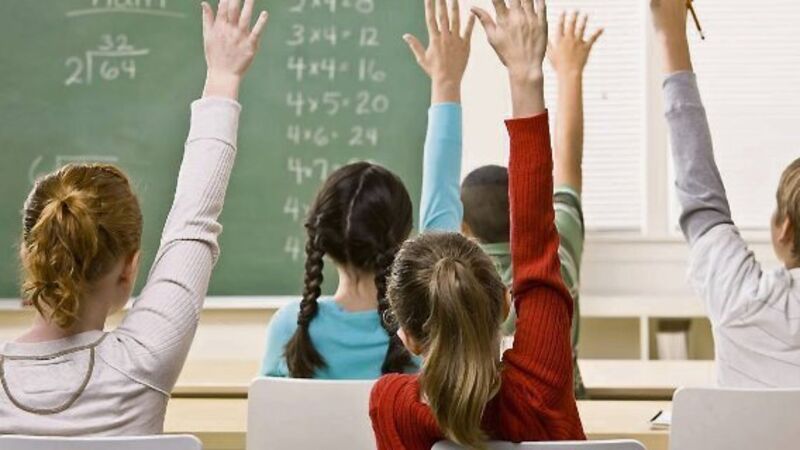Schoolbook publishers say they revised only 2.5% of titles

As a recent survey showed, a jump of almost €50 in the average spend on books for second-level students, the firms say revenues fell 2.5% to €50m in 2014.
The Irish Educational Publishers’ Association (IEPA) said a survey of its members shows just 63 (or 2.5%) of their 2,544 schoolbook titles were revised last year, more than half due to curriculum changes.













